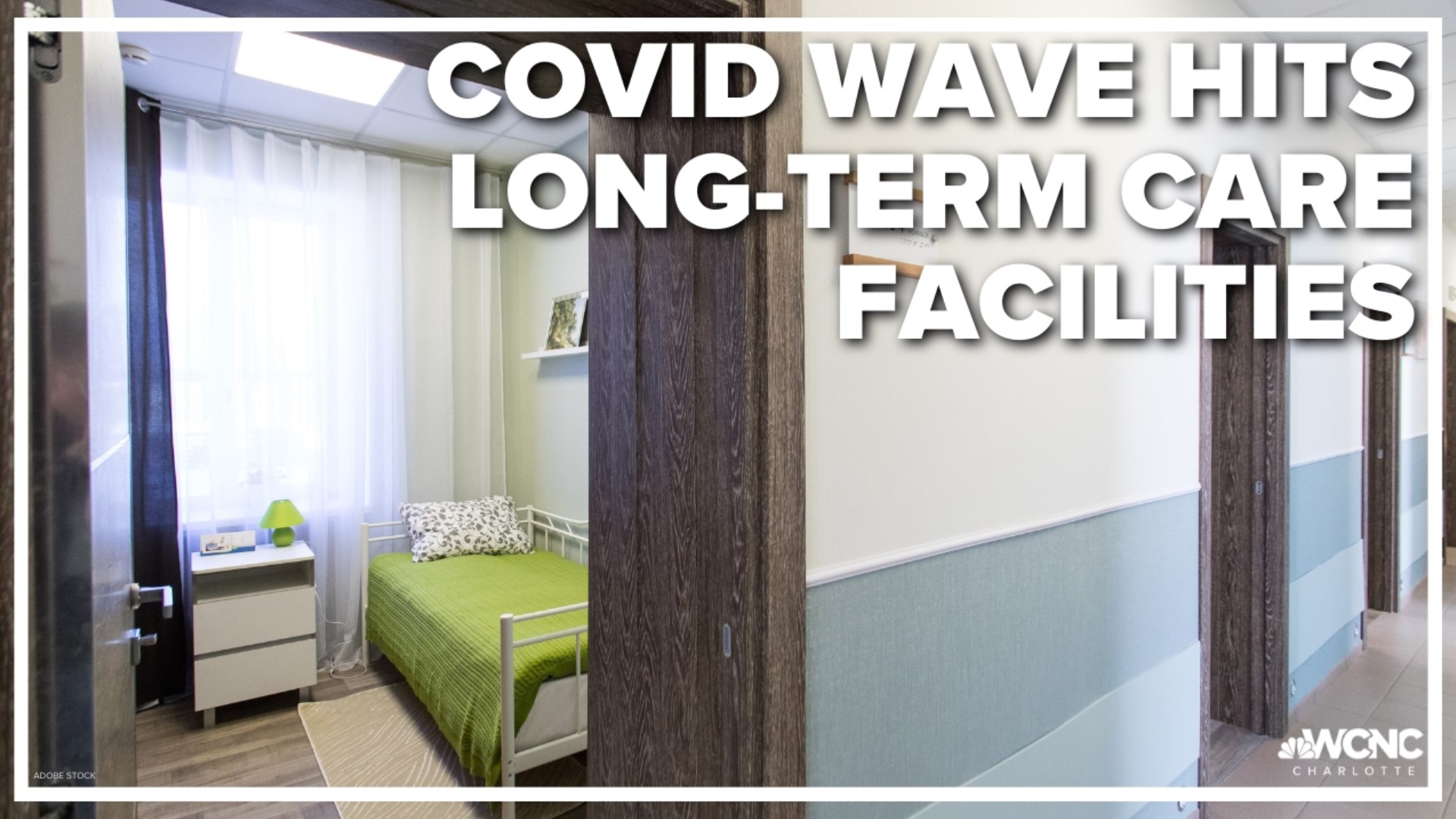CHARLOTTE, N.C. — COVID-19 trends in the state and Mecklenburg County are plateauing. The latest data shows case counts are slowly decreasing but Mecklenburg County is still in the CDC’s medium COVID-19 community spread level.
There could be some spread with people gathering for the July 4 holiday this weekend, but county health director Dr. Raynard Washington says typical outdoor celebrations should cut down on some of that.
“COVID is still circulating in the community, it is still here very much present to the tune of hundreds of people still being diagnosed on a weekly basis,” he said.
Dr. Washington said anyone feeling sick should take a test or sit out the holiday celebrations.
While trends slowly decline, health officials are keeping a close eye on the BA.4 and BA.5 subvariants of omicron. They could undo some of the progress made.
“BA.5, in particular, has a tendency to be more immune evasive specifically for people who have antibody protection due to recent infections,” Washington said.
The latest state data released Wednesday shows BA.4 makes up 14% of the tests sequenced while BA.5 makes up 25%. State leaders expect they’ll soon take over and become the dominant strains.
State epidemiologist Dr. Zack Moore is hopeful there will be more tools to use if the strains cause another wave in the fall.
“We’re going to continue to see this, this is going to be a recurring pattern with new variants or subvariants emerging. They’re now looking at modifying the vaccine so that the fall doses may be with a formulation that will have better effectiveness,” he said.
And as the pandemic continues, the state is learning more about how to protect the most vulnerable community members.
Whatever happens out in the community also happens in congregant living facilities. In North Carolina, there are 256 nursing homes and 164 residential care facilities with ongoing COVID-19 outbreaks.
“Those are not really sort of closed circles, those facilities, whether that’s a nursing home, long term care, or prison, there are people coming in and out so of course whatever’s happening in the community impacts what’s happening there,” Moore said.
A long-term care facility will be added to the list of outbreaks if there are two cases over a 14-day period. The number of outbreaks during this wave has been on par with what the state experienced during the delta wave.
“We’re seeing a lot less severe illness and a lot less death which is encouraging and that’s because of the high level of vaccination coverage that we have,” Moore said.
The state now deploys regional infection prevention and support, or RIPS, teams to help local health departments manage an outbreak. The teams will identify opportunities for improvement and ways to reduce the spread.
“We have this level of support that honestly, we’ve needed for a long time before COVID but now because of COVID we have this extra layer and that really is reflected in seeing the smaller number of cases that are linked to these outbreaks,” Moore said.
Contact Chloe Leshner at cleshner@wcnc.com and follow her on Facebook, Twitter and Instagram.


